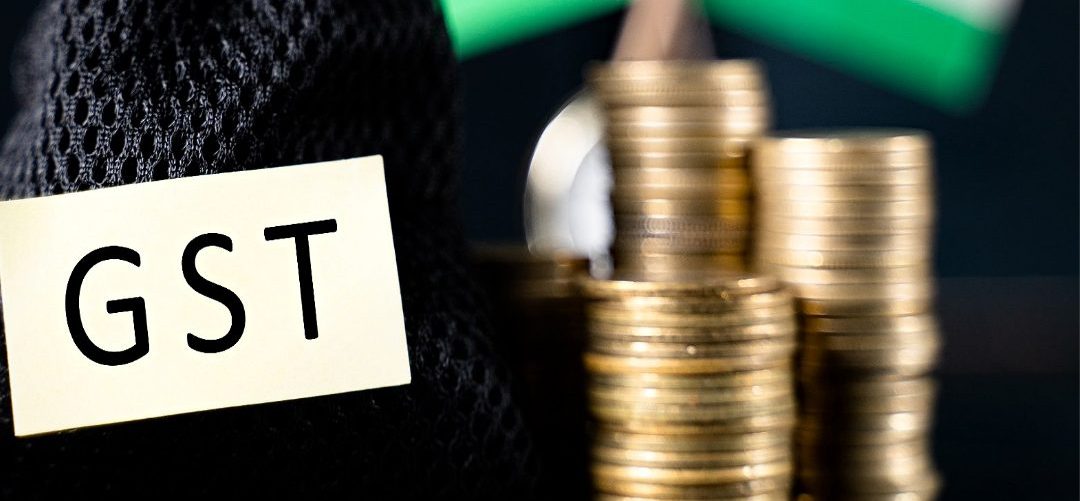GST Council Recommendations Accepted: The government has exempted registered people with aggregate revenue of up to Rs 2 crore in the fiscal year 2021-22 from filing the annual return for the fiscal year. According to an official statement issued on Wednesday, the Unified Payments Interface (UPI) and IMPS payments mechanisms have also been introduced to make payments at GSTN, the IT backbone of the indirect tax system.
The deadline for issuing a GST recovery notification for 2017-18 has also been extended to September 30, 2023. According to the announcement implementing the recommendations of the 47th GST Council meeting, the period from March 1, 2020, to February 28, 2022, has been omitted from the computation of the period of limitation and for the computation of the period of limitation for filing a refund application.
“Considering the COVID-19 scenario of the previous two years for India, the government has extended the limitation time under GST for issuing of notice to taxpayers who have not paid/ underpaid the tax due,” said Abhishek Jain, partner (indirect tax) at KPMG in India. Similarly, there is a time extension for filing refunds. While the government’s objective is to reduce income leakage, this shift exposes enterprises to departmental audits and evaluations for an extended period of time. Having said that, this modification also assures that real taxpayers are not refused refund applications.”
In the event of a return filing delay, interest will be paid solely on the amount paid in cash. The ITC mechanism for refunding an inverted tariff structure has been modified in light of the Supreme Court’s decision. The export reimbursement would be provided after there is no inconsistency between the shipping bill and GSTR 3B.
“The government has provided an exemption from submitting yearly returns for taxpayers with aggregate sales of up to Rs 2 crore in FY 2021-22,” Jain added. Furthermore, by the GST Council resolution, IMPS and UPI payment mechanisms have been implemented for GSTN payments. These modifications would assist small businesses in complying with the law and will reduce the burden on taxpayers with less than Rs 2 crore in annual revenue who must file an annual GST return.”
He further stated that due to currency changes, a little disparity in the value of products exported between GST returns and shipping bills is frequent in the sector. “As a result, the government has revised the GST statute to state that an application for refund of integrated tax paid on goods exported from India shall be deemed to have been lodged on such date as the exporter corrects the discrepancy in respect of the relevant shipping bill.” Given this change, firms will need to be significantly more proactive in resolving discrepancies in order to complete refunds on time.”
The GST Council also voted during its 47th meeting to forgive the late charge for late submission of form GSTR-4 for FY 2021-22 and to extend the due date for filing form GST CMP-08 for Q1 of FY 2022-23. The GST Council has extended the remission of late fees under section 47 for late submission of form GSTR-4 for FY 2021-22 by four weeks, till July 28. The current waiver is valid from May 1 to June 30. The council also resolved to move the deadline for submitting form GST CMP-08 for the first quarter of the fiscal year 2022-23 from July 18 to July 31.

